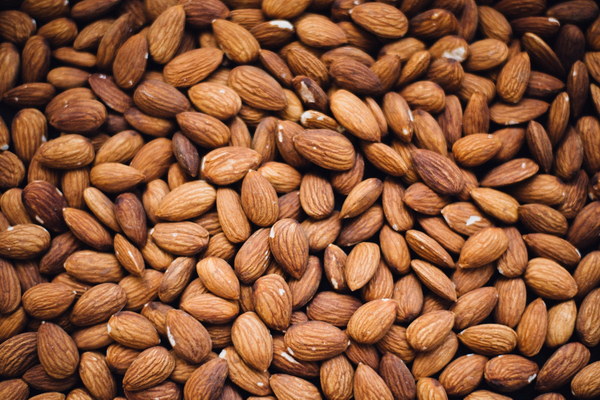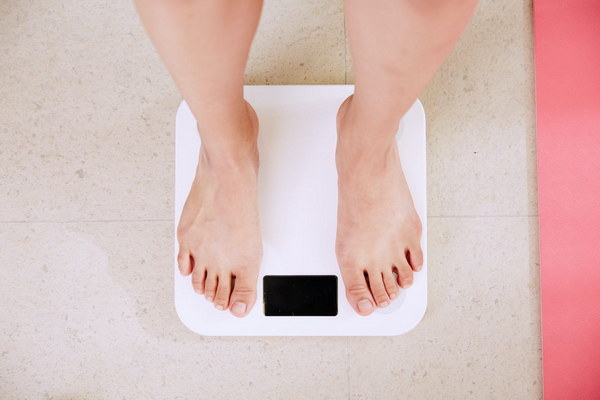How to Detoxify Your Lungs After Smoking A Comprehensive Guide
Introduction:
Smoking is a well-known habit that can lead to severe health issues, particularly affecting the respiratory system. The lungs, being the primary target of smoke, accumulate toxins and tar over time. To mitigate the damage and promote lung health, it is essential to adopt effective methods for detoxification. This article provides a comprehensive guide on how to detoxify your lungs after smoking, including lifestyle changes, natural remedies, and medical interventions.
1. Quitting Smoking:
The most effective way to start the detoxification process is to quit smoking. The longer you avoid smoking, the more your body can begin to heal itself. Seek support from friends, family, or professional help such as a smoking cessation program or prescription medication.
2. Increase Hydration:
Drinking plenty of water helps to flush out the toxins and mucus from your lungs. Aim for at least 8 glasses of water a day, and consider adding herbs like peppermint or eucalyptus to your drinks for added respiratory benefits.
3. Breathing Exercises:

Practicing deep breathing exercises can help improve lung capacity and promote lung health. Techniques such as diaphragmatic breathing, pranayama, and the Buteyko breathing method can be particularly helpful.
4. Natural Remedies:
a. Honey and Lemon: Mix a tablespoon of honey with a squeeze of lemon in a glass of warm water. This natural mixture can help thin mucus and soothe the throat.
b. Turmeric: This spice has anti-inflammatory properties that can help reduce inflammation in the lungs.
c. Green Tea: Rich in antioxidants, green tea can aid in the elimination of toxins and improve overall lung health.
d. Garlic: Garlic has natural antibacterial properties that can help fight infections and improve lung function.
5. Regular Exercise:
Physical activity increases blood flow, which helps to deliver oxygen to the lungs and remove waste products. Activities such as walking, jogging, cycling, and swimming can be beneficial.
6. Avoid Exposure to Pollutants:
Minimize your exposure to secondhand smoke, air pollution, and other irritants that can further damage your lungs.
7. Vitamin and Mineral Supplements:
Supplements like vitamin C, vitamin E, selenium, and beta-carotene can help protect the lungs from oxidative stress and promote healing.
8. Pulmonary Rehabilitation:
Consider participating in pulmonary rehabilitation programs designed to help individuals with chronic lung diseases, including those caused by smoking. These programs can include exercise, breathing techniques, and education on managing lung conditions.
9. Regular Check-Ups:
Visit your healthcare provider regularly for check-ups and lung function tests. Early detection of any potential lung issues can lead to timely treatment and better outcomes.
Conclusion:
Detoxifying your lungs after smoking is a gradual process that requires patience and commitment. By quitting smoking, adopting a healthy lifestyle, and incorporating natural remedies and medical interventions, you can significantly improve your lung health. Remember, it's never too late to start taking steps towards a healthier, smoke-free life.









